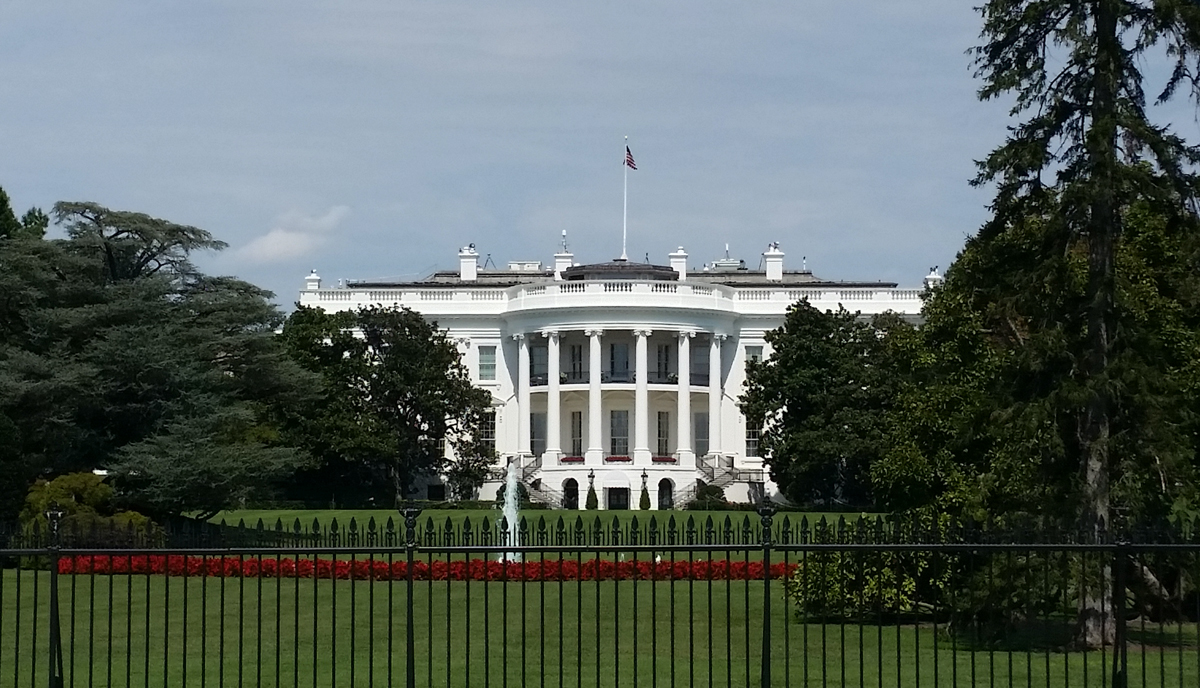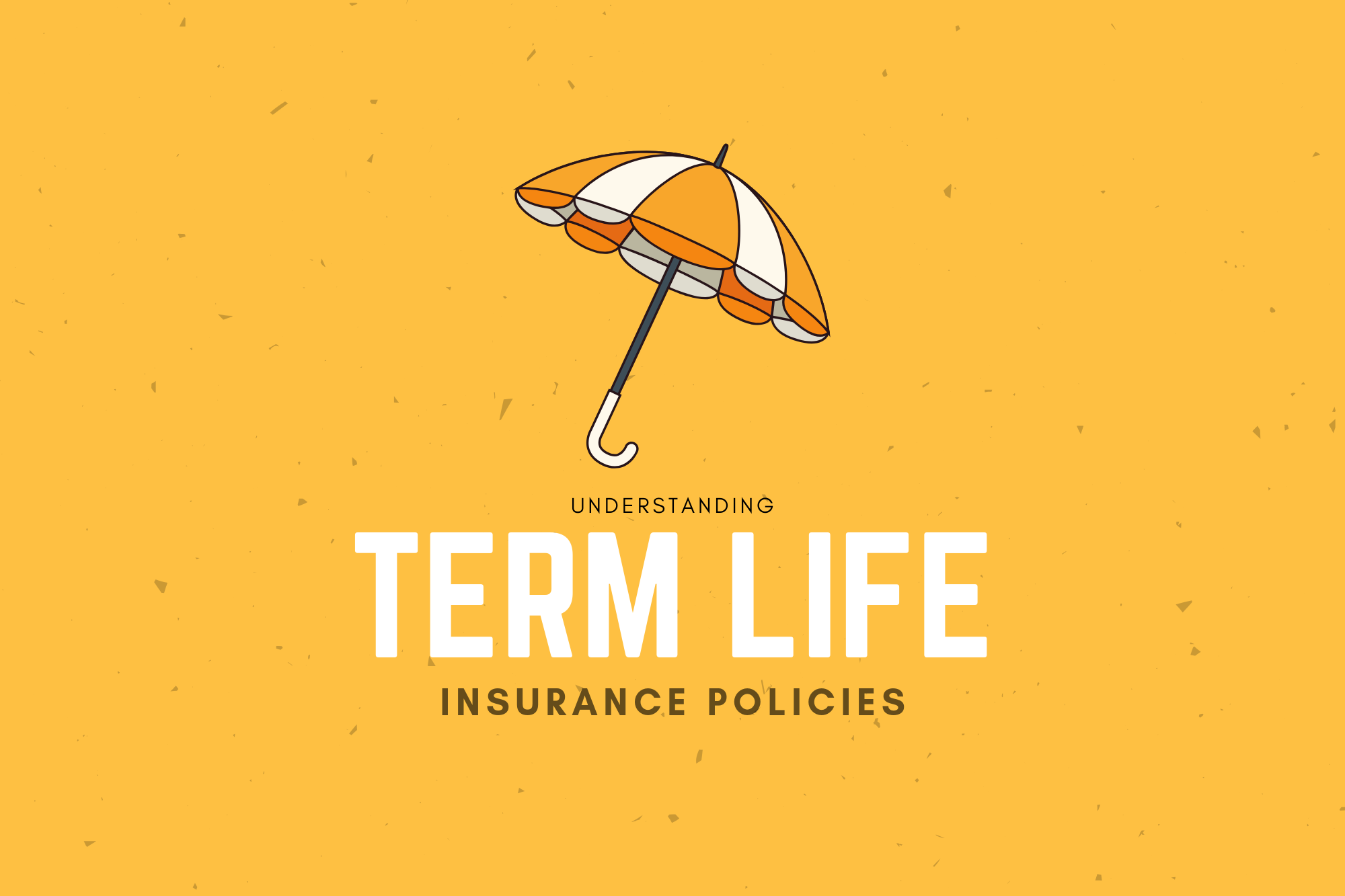![]()
The insurance industry in Singapore is facing a crisis of trust.
In a recent study released this year by the CFA Institute of Singapore, only about 10% of respondents believe that financial advisers put their clients’ interest first, while less than 50% of people trust the industry as a whole.
Is it really surprising then to know that Singaporeans as a whole are underinsured and have a critical illness insurance protection gap of 80%?
After years of being stopped for “surveys” on the streets, being contacted by long-lost “friends” only to realise it was a prospecting call, and hearing horror stories about friends and family being stuck with a policy that isn’t as great as the insurance agent made it seem, Singaporeans are understandably jaded and sceptical of financial advisers.
Insurance companies and their agencies don’t really help the situation, since a prevalent recruitment strategy is having their “tied” agents, who also call themselves “financial advisers”, regularly use social media to showcase luxurious incentive trips, glamorous awards for hitting sales targets, and the mandatory photo every time they buy a new car.
This state of affairs is bad for everyone involved – consumers don’t get the protection they need, and good financial advisers need to work even harder to educate their would-be clients and overcome stigma and mistrust.
Listen: The DollarsAndSense Podcast Episode 5: Can You Really Trust Your Financial Adviser To Give You Good Advice?
Are Financial Advisory Firms The Answer?
A tied agent is a financial adviser representative of an insurance company. This means they can only advise on and sell you products from the company they represent. Personal bankers are in a similar position, since they represent the bank they work for, and can only distribute insurance and investment products from the insurance company that the bank has a tie-up with.
In a bid to overcome the perception of bias that consumers have of tied agents (since they can only distribute products from one company), some insurance companies have set up wholly-owned Financial Advisory (FA) subsidiary firms.
Agents of these “tied” FA firms can distribute products from multiple insurance companies, although they are known to be better remunerated when they sell products issued by their parent company. These “tied” FA firms operate alongside “independently-owned FA firms”, which are private companies not owned by insurance companies.
“Independently-Owned Financial Advisory Firms”
Even though independently-owned FA firms offer their clients a wider range of products from more than one insurance company, being “independently owned” alone doesn’t make the FA firm necessarily superior to tied agents.
This is because agents representing these FA firms are equally susceptible to the same pitfalls that all financial advisers need to actively guard against, such as being consciously (or sub-consciously) promoting a certain product over another because it is ‘easier’ to explain or gives higher commissions.
Agents’ commissions and incentive structures are becoming increasingly complex. It is not easy for most clients to be aware of the existence of these financial arrangements and understand how they can potentially skew recommendations from an agent. Aside from differences in percentage of commissions based on premiums, agents also face production targets and lures arising from agency-led campaigns and products that are only available in time-limited tranches.
Read Also: Insurance Agent Vs Independent Financial Adviser Vs Personal Banker: What Is The Difference?
Introducing “Independent Financial Advisory Firms”
Next, we examine another breed of FA firms known as “independent financial advisory firms”.
Even without understanding much about how the insurance industry works, the term “independent” conveys to Singapore consumers an impression of objectivity and impartiality, lacking in conflict of interest.
Because of this, the Monetary Authority of Singapore (MAS) has been pro-active in controlling the use of the term “independent” by FA firms to describe themselves and the services provided by their agents. MAS does so to fulfil its responsibility to regulate and foster the sustainable development of the financial services and insurance industry in Singapore.
According to MAS guidelines, FA firms can only use the term “independent” to describe itself and its services if:
(i) It does not receive any commission or other benefit from a product provider which may create product bias and does not pay any commission to or confer other benefit upon its representatives which may create product bias;
(ii) It operates free from any direct or indirect restriction relating to any investment product which is recommended; and
(iii) It operates without any conflict of interest created by any connection to or association with any product provider.
As you can see, MAS has set quite a high bar for FA firms to earn the right to use the “independent” adjective, placing the onus on independent financial advisory firms to “clearly demonstrate that they do not have financial or commercial links with product providers which are capable of influencing their recommendation or these are relatively insignificant”.
To use the “independent” description, that FA firm must also able to advise on and distribute policies from at least four life insurance companies.
Because of these stringent restrictions, only a handful of FA firms have met these requirements and can refer to themselves as “independent financial advisory (IFA) firms”. Do bear in mind that IFA firms and the “independently-owned FA firms” mentioned earlier do not mean the same thing. The latter describes who owns the FA firm (whether a financial product issuer owns it or not), whereas the former describes how the financial advice is derived (whether elements that lead to skewed financial advice are present).
Meet Financial Alliance: Singapore’s Largest IFA Firm
With 300 representatives and $500 million in assets under advice, Financial Alliance is Singapore’s largest independent financial advisory firm, and it is also independently-owned. Ever since its establishment 16 years ago, Financial Alliance has been devoted to quietly but steadfastly serving their ever-growing base of clients who demand unbiased financial advice.
Financial Alliance does not agree to sales quotas imposed by any insurance company and does not favour any insurance company or any insurance product. As a result, Financial Alliance now has 70,000 clients to-date who have benefited from the impartial advice and comprehensive financial planning services that are aligned to their interests.









